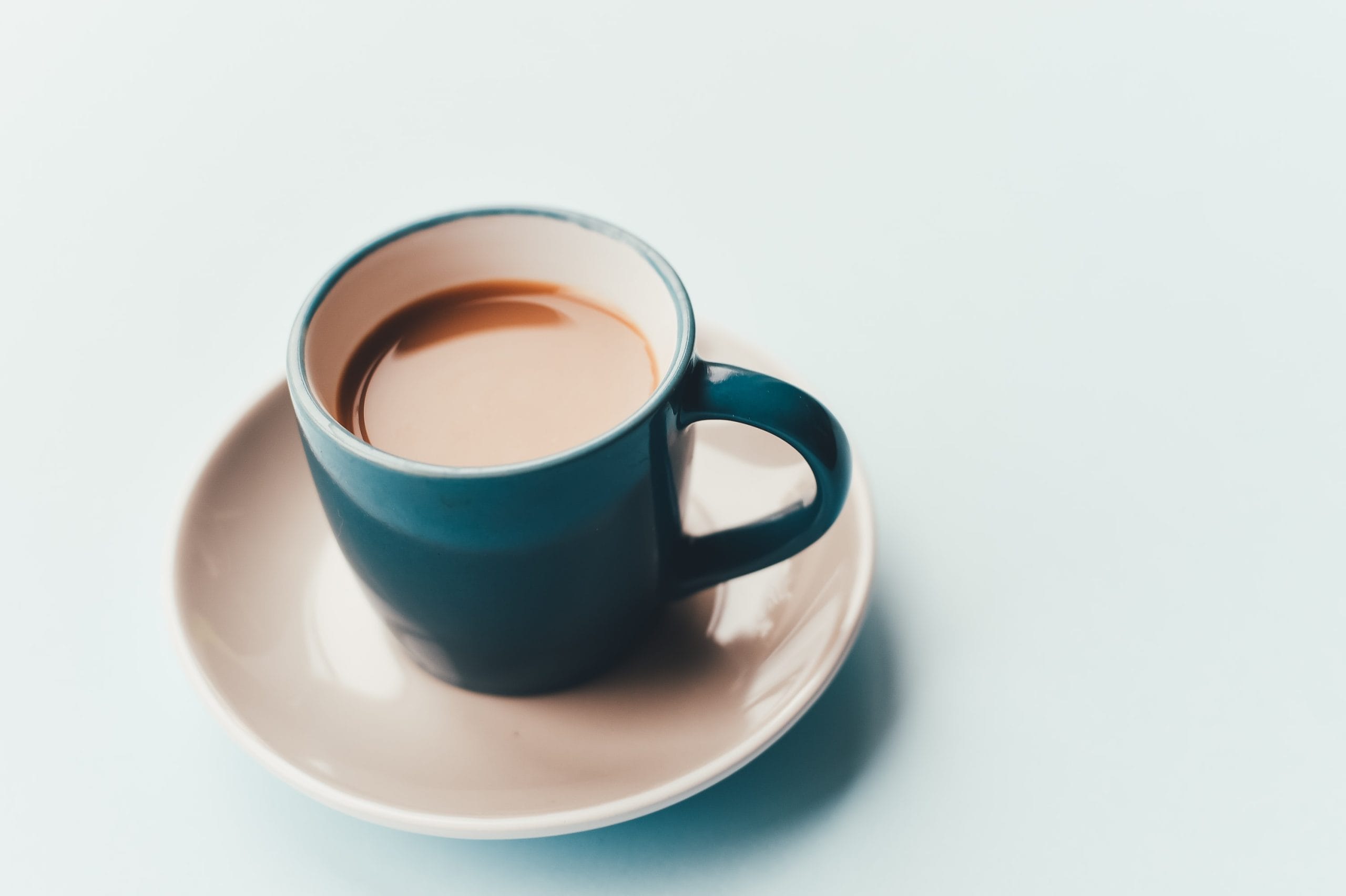Some doctors and nutritionists recommend drinking plain water after coffee to replenish the body's fluid supply. We found out whether there is any scientific basis for this advice.
It is believed that coffee has a diuretic effect, which means it leads to the removal of fluid from the body. For this reason, experts suggest drinking a glass of water for every cup of coffee. You can find such advice on websites and “RIA Novosti", and radio "Moscow speaks", and on specialized coffee resources, and in blogs on Yandex.Zen.
First, you need to figure out what it is dehydration, which scares coffee lovers. This is a lack of water in the body, which can occur when a person loses a lot of fluid and does not have time to replenish it. Causes include vomiting, diarrhea, intense sweating, and taking diuretics. With mild to moderate dehydration, a person experiences thirst, sweating and urine production decrease, the skin becomes dry, and a feeling of overwork appears. For such symptoms to occur while drinking coffee, it must have a diuretic effect.

Drugs that stimulate urine output are called diuretics. These include caffeine, which is found not only in coffee, but also in tea, mate, cocoa, energy drinks and many soft drinks.
First study how caffeine affects the body was conducted in 1928. Then only three people took part in it. During the experiment, the amount of urine excreted was measured depending on whether participants drank coffee, tea, plain water, or water with caffeine. It turned out that if you do not drink caffeine-containing drinks for a long time, and then start drinking them again, the amount of urine increases by 50%. But this effect lasts only four to five days, after which addiction sets in.
After this, scientists made no attempts to prove or disprove the data obtained for almost 80 years. Next research was held in 2005 and was attended by 59 people. For the first six days of the experiment, all subjects received the same amount of caffeine—about two to three cups of coffee per day. And then, for another five days, caffeine consumption was changed from zero to two cups of coffee. Various doses of caffeine had no effect on blood and urine tests, and scientists found no signs of dehydration.
Another study was conducted in 2014 on 50 men who regularly drank three to six cups of coffee per day. During the experiment, which lasted three days, the subjects were divided into two groups. Participants in one of them drank 200 ml of coffee four times a day, and participants in the other drank water. The researchers monitored the diet and physical activity of the men in both groups, measured total body water, and performed urine and blood tests. No significant differences were found, and the scientists concluded that coffee, consumed in moderation, has the same hydrating properties as water.
And finally, study 2016 showed that the diuretic effect of coffee, cola, hot tea and iced tea is the same as that of plain water.
In other words, coffee, due to its caffeine content, may have a weak diuretic effect, but it does not cause dehydration. However, do not forget about other negative consequences that can cause excessive coffee consumption. Therefore, it is advisable to drink no more than four, and in case of severe addiction, six cups of drink per day.
Images: Unsplash
Misconception
1. Is it true that you can’t pour hot tap water into a kettle and drink it?
2. Is it true that it is dangerous to drink water after boiling it again?
3. Is it true that it is dangerous to mix boiled and unboiled water?
If you find a spelling or grammatical error, please let us know by highlighting the error text and clicking Ctrl+Enter.






